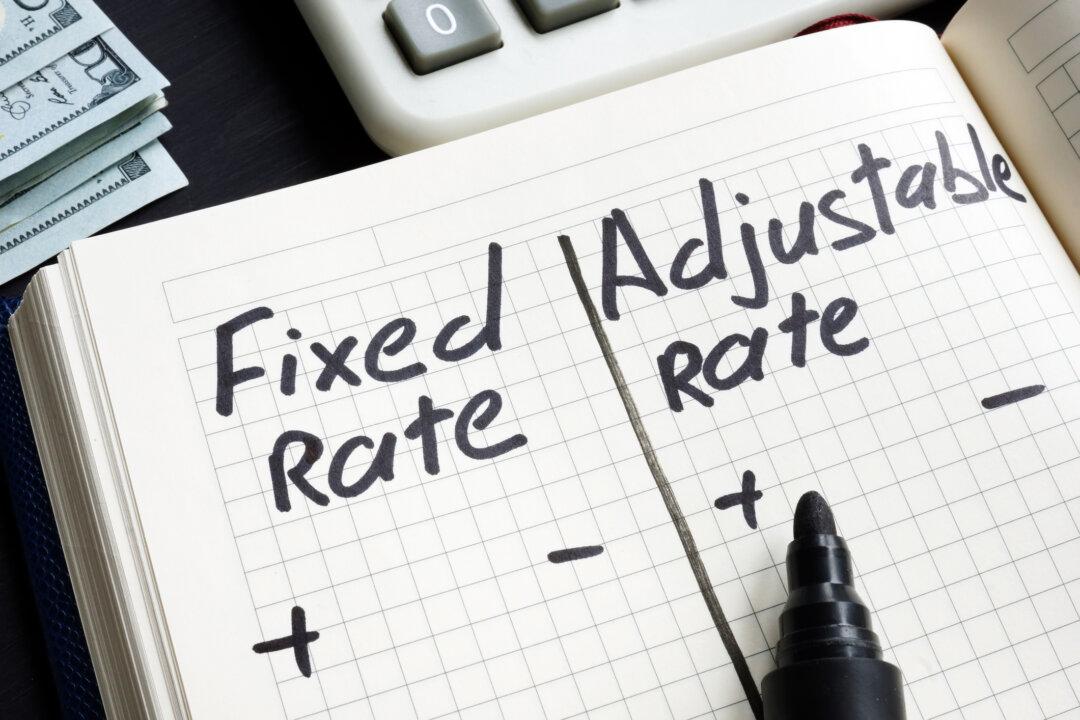By Sandra Block
From Kiplinger’s Personal Finance
Taxes, according to the late Supreme Court Justice Oliver Wendell Holmes Jr., are what we pay for a civilized society. But that doesn’t mean you should pay more than you’re legally required to remit to federal and state tax authorities.






